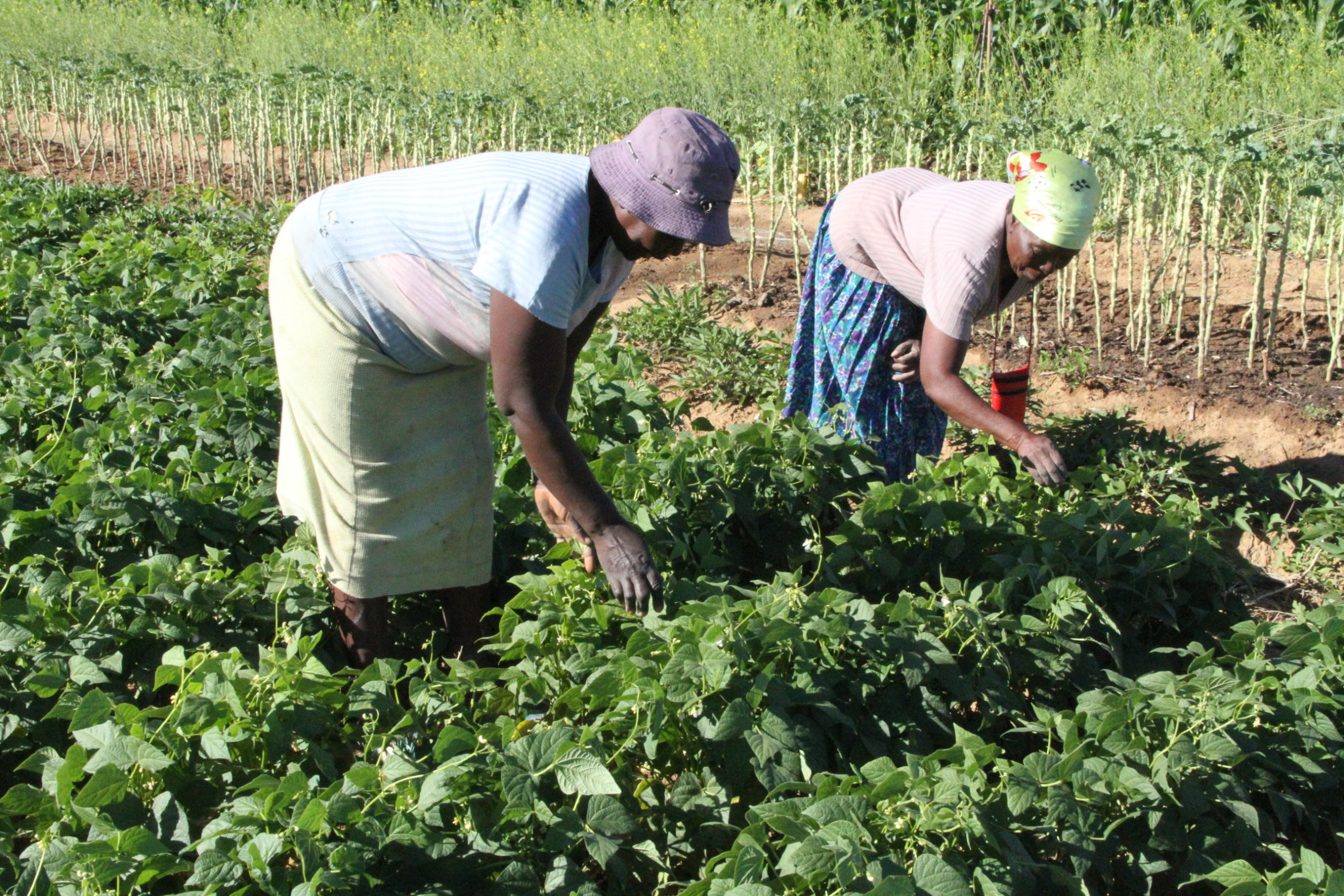The Food and Agriculture Organisation of the United Nations (FAO) in Zimbabwe is working with Government to develop a Gender Sensitive Land Policy which seeks to improve the land governance system through strengthening of the land administration system thus contributing to national development.
The formulation of the policy, supported through a Technical Cooperation Programme (TCP) valued at US$400 000, is guided by the Voluntary Guidelines on the Responsible Governance of Tenure of Land, Fisheries and Forests in the Context of National Food Security (VGGT).
Speaking during the launch of the policy formulation process, the Minister of Lands, Agriculture, Water, Climate and Rural Resettlement, Honourable Perence Shiri, said it was imperative that a comprehensive and gender sensitive land policy be put in place.
“I envisage that the policy document will not only enhance equal access to land, productivity and sustainable utilisation of land but will also take into cognizance various global discourse and benchmarks. While the process will be guided by VGGT and ensuring alignment to Sustainable Development Goals, it is critical to also ensure alignment with the Africa Union Framework Agenda 2063 and Guidelines on Land Policy in Africa,” said Minister Shiri.
Under the TCP, FAO will provide technical assistance in the development of the land policy through its multidisciplinary teams at national, subregional, regional and Headquarters level. This TCP is anticipated to increase awareness and strengthen the human and institutional capacities of key government departments and other relevant stakeholders in tenure governance and policy issues with regard to land and other natural resources.
Addressing delegates attending the launch, who included senior government officials, representatives from funding partners, other UN agencies, traditional leaders and the civic society, the FAO Subregional Coordinator for Southern Africa (Ad Interim) Alain Onibon, said the process of formulating the land policy should attach great importance to looking for existing knowledge in the world with regard to land management systems that work.
“This TCP is catalytic and is an instrument to mobilise more resources from other interested stakeholders to come up with a comprehensive land policy built on consensus and confidence building with ownership at all levels,” said Onibon.
He added that FAO will bring in and coordinate technical expertise to support the process and concretize what the Ministry of Lands, Agriculture, Water, Climate and Rural Resettlement and the Zimbabwe Land Commission started. “And, we are delighted to collaborate with other development partners and donors to support the Government and the People of Zimbabwe to develop and effectively roll-out this policy for the goodness of the People,” added Onibon.
The project will focus on various stakeholder consultative processes and dialogue and facilitate discussions to find solutions guided by the principles of the VGGT. In Zimbabwe, much attention has traditionally been given to the areas of land, and forests in Zimbabwe. Additionally, a structured body of policies and laws already exists but in order to improve tenure governance there is a need to clarify rights and responsibilities related to natural resources and fill the gaps in terms of enabling policies, institutional environment, and capacity for service delivery.
About VGGT
VGGT were finalised through intergovernmental negotiations, and with the active participation of civil society, private sector and research institutes from most countries of the world, including Zimbabwe. The negotiations were led by the Committee on World Food Security (CFS), which formally endorsed the Guidelines on 11 May 2012.






